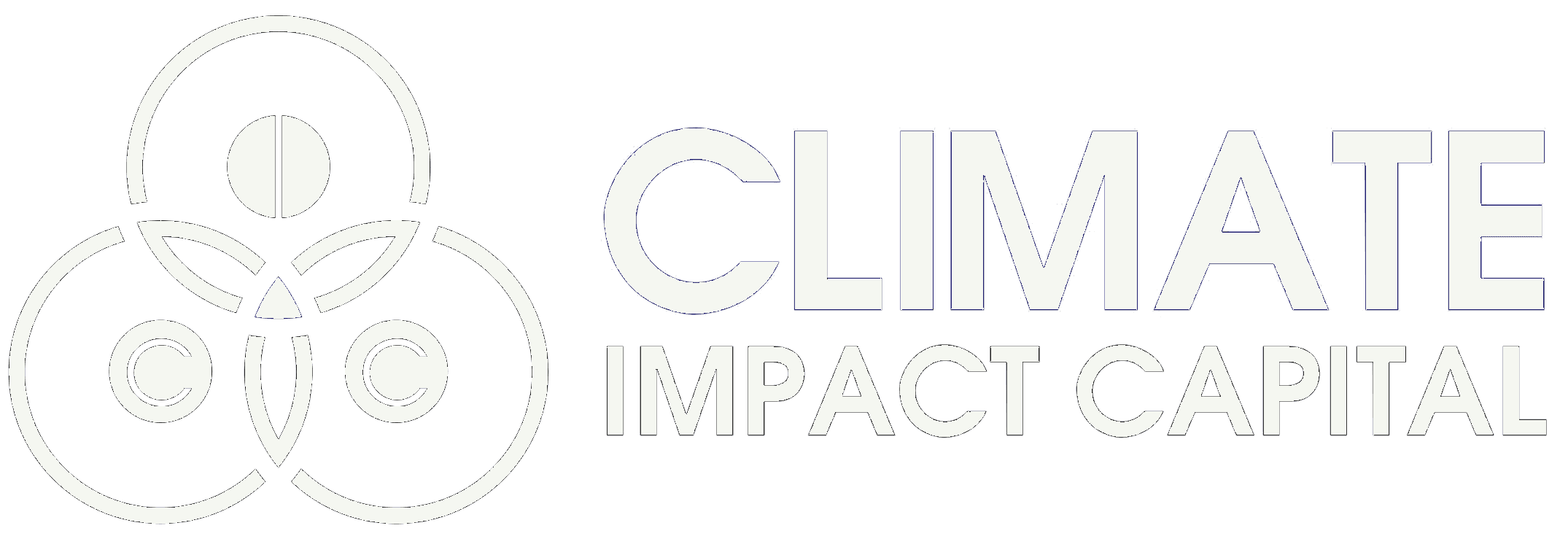The CEO of German utility giant E.ON has called on the German government to intervene to keep down the costs of renewable electricity and “fast-track” the energy transition.
Johannes Teyssen said the government needs to cap the tariff added to customer bills to pay for the country’s renewable support schemes, known as the “EEG levy.” Any shortfall in that support should be covered by federal funding, including proceeds from the new carbon tax, Teyssen said Tuesday.
Reduced demand during the coronavirus lockdown, coupled with ample wind and solar generation, has seen German power prices go negative, even more so than usual. So far in 2020, there have been 179 hours of negative pricing, compared to 212 hours during the whole of 2019, according to data from Wood Mackenzie.
Ongoing challenges for Germany’s renewables market
Negative pricing and a stressed grid are not the only challenges threatening Germany’s renewables market. Onshore wind permitting delays, ambiguity over the cap on distributed solar and the high-profile (but now resolved) delay of Tesla’s German Gigafactory have all served to hamper the country’s energy-transition ambitions.
Permitting an onshore wind project can take two years. The government announced it would remove a 52-gigawatt cap on the nation’s total solar capacity for projects under 750 kilowatts, but the cap has not been officially removed from legislation and the limit is about to be breached.
Meanwhile, a series of disputes held up work at Tesla’s factory in Berlin. Environmentalists were unhappy with the impact on a local forest, but construction is now set to begin.
“Germany needs to fast-track a climate-friendly investment offensive,” E.ON’s Teyssen said in a statement Tuesday, before going on to compare the current situation to Germany’s economic response to the Berlin Wall falling.
“After reunification, Germany had this kind of courage, unfortunately only for a short time. Now, after the enormous damage caused by the pandemic and in view of the even greater potential damage that could be caused by unchecked climate change, Germany needs even more courage to make lasting reforms,” he said.
“No grid modernization or climate project should be allowed to languish in a consents process for longer than three years. This is an area where Germany can learn from the corona crisis: Digitalize consultation processes and use online technology to speed up administrative processes,” Teyssen said.
E.ON completed a multibillion-euro swap deal with rival RWE last year. In return for RWE’s utility customers, E.ON’s transferred its generation assets including a 17-gigawatt renewable energy pipeline.
E.ON is now focused on providing energy services. Adding value through e-mobility and other emerging offerings will be key to its future. But utilities around Europe are struggling with tight margins and the need the invest in the energy transition.
Changes need to protect customers from bill hikes
Teyssen said action is needed to deliver on a previous promise from Berlin to cut the EEG levy to 5 euro cents per kilowatt-hour ahead of the new carbon tax being put in place. When combined with falling wholesale prices for fossil fuels, current market dynamics could see the green levy rise to 8 euro cents per kilowatt-hour in order to balance the books. This would hit consumers hard, E.ON warned.
E.ON wants the country’s post-coronavirus stimulus package to effectively remove the tax on electricity altogether.
“The measures we propose would offer economic relief to companies and the public nationwide,” Teyssen said. “They would also provide substantial impetus to speed up electrification, particularly in the transport and heating sectors. We all hope that the economy recovers rapidly. This, along with the revenue from the carbon tax that Germany has decided to institute, can gradually provide the funding for our proposals.”
The new German carbon tax will cover the heating and transport sectors not already participating in the EU-wide Emissions Trading Scheme. Rather than requiring end users to take part, the responsibility falls on those putting the fuels into the supply chain. German power providers LEAG and RWE are also among two of the largest coal producers.
Financials not impacted by COVID-19 — yet
E.ON saw only a modest impact to its Q1 results from the coronavirus pandemic, with only the final few weeks of March overlapping with lockdowns in the company’s key markets. Its forecast results for 2020 remain in place, but the company warned that could still change.
Q1 was also the first full quarter since E.ON’s merger with Innogy. As a result, sales across the entire group nearly doubled from €9.1 billion ($9.9 billion) in Q1 2019 to €17.7 billion.
E.ON is adding another €500 million to its investments in e-mobility and digitalization.

